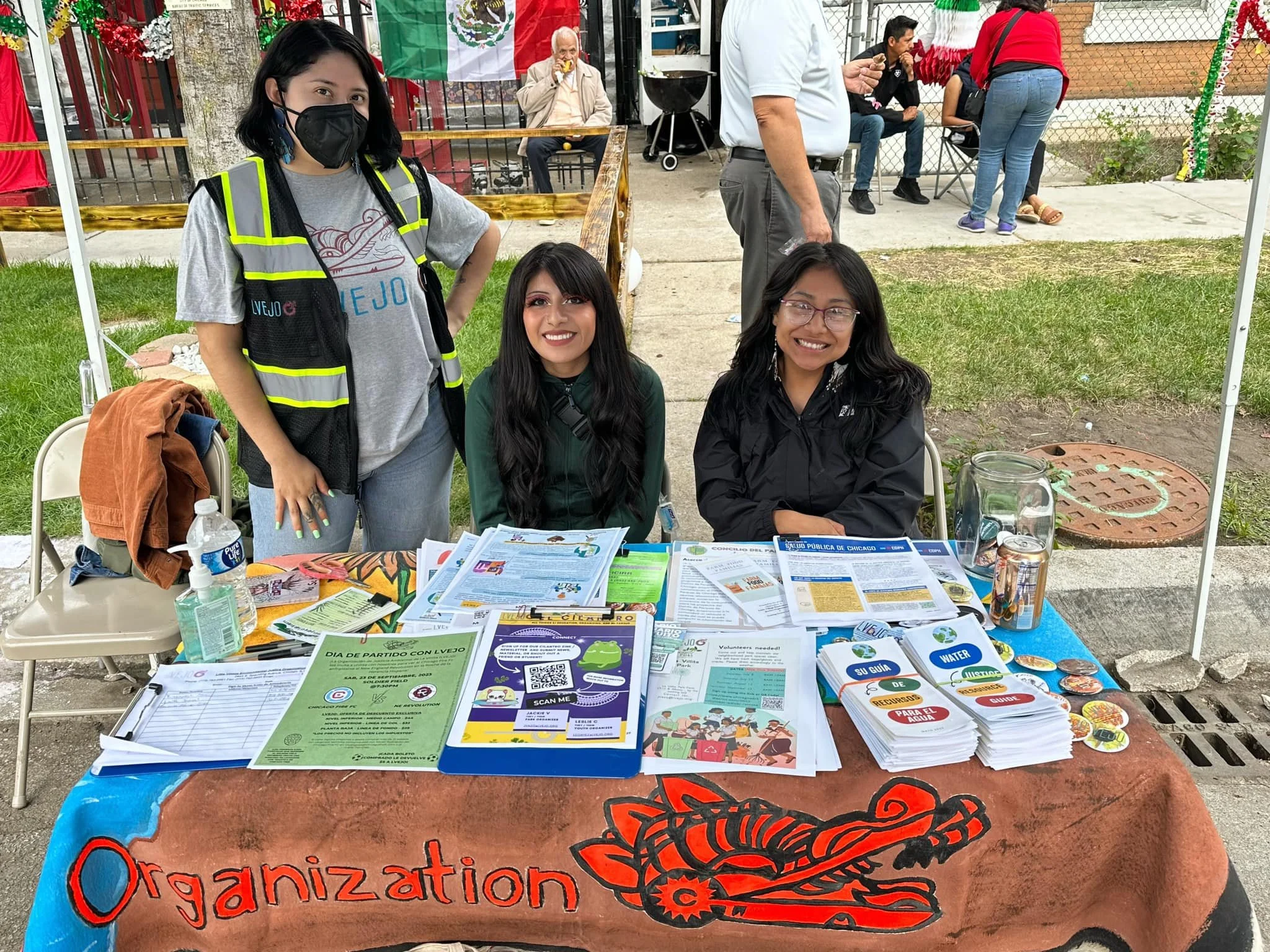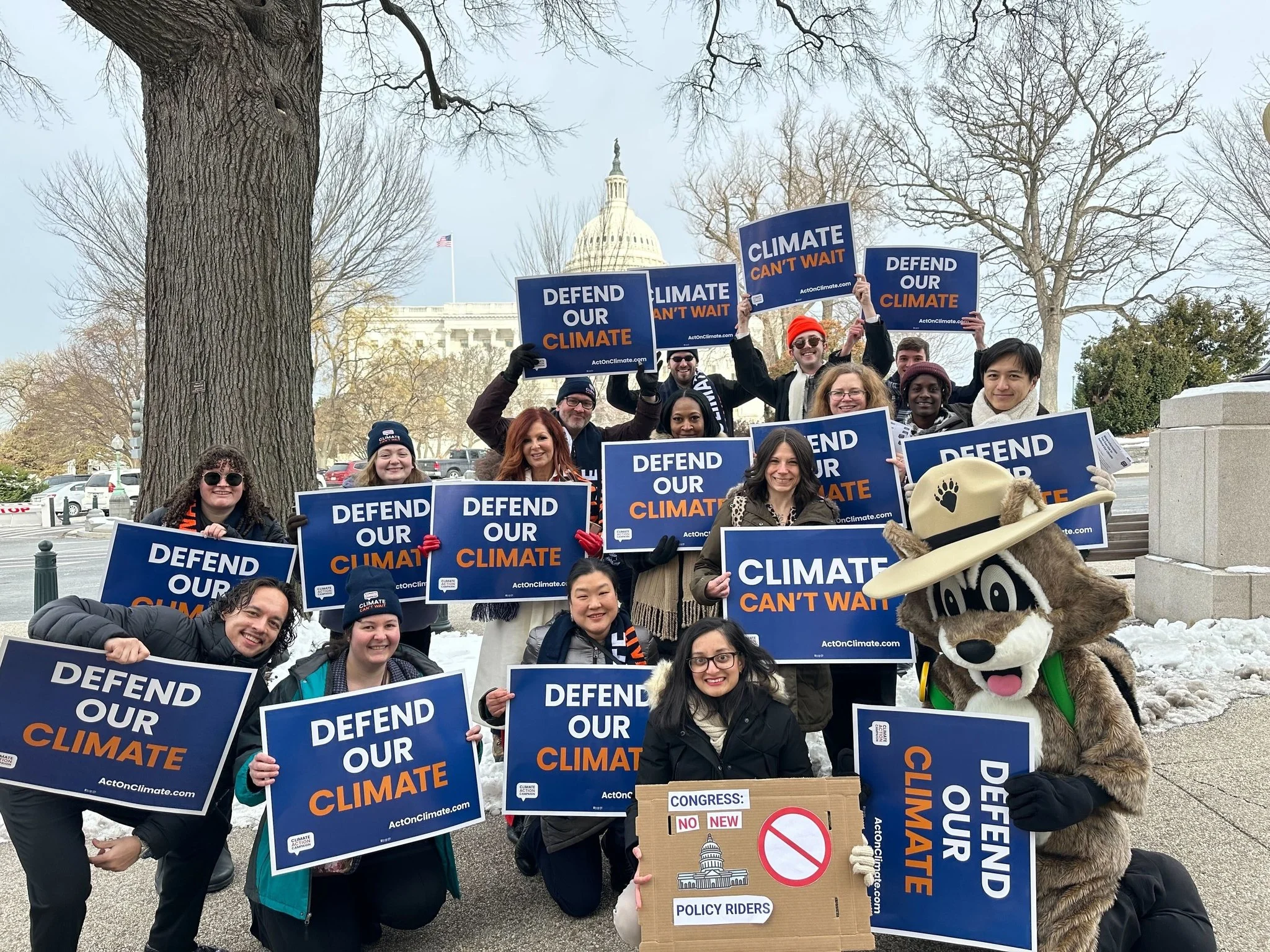
TRUST-BASED PHILANTHROPY
As a grantmaker, Woods Fund Chicago is committed to shifting power back into communities, actively listening to needs, and intentionally fostering collaboration.
Photo by Chicago Freedom School
Woods Fund Chicago recognizes the long history of the inequitable power dynamic between funder and grantee. Those most impacted are best suited to lead the process of defining and solving problems; Woods Fund Chicago aims to connect deeply as a supportive and empowering partner in grantee partners’ journeys toward justice.
Amid the twin crises of the COVID-19 pandemic and the 2020 uprisings, we decided to fundamentally change our approach to grantmaking. We have shifted to a model dedicated to dialogue and trust-based philanthropy (TBP). A practice of trust-based philanthropy allows grantee partners to determine where grant dollars are needed most.

Woods Fund Chicago commits to practicing the six principles of trust-based philanthropy:
• Give Multi-Year, Unrestricted Funding
• Do the Homework
• Simplify & Streamline Paperwork
• Be Transparent & Responsive
• Solicit & Act on Feedback
• Offer Support Beyond the Check
These practices are a part of a holistic approach rooted in values that not only make up the organization’s work, but its culture, structures, and leadership.
How we’re implementing trust-based philanthropy:
-
The TBP principle of multi-year giving allows grantee partners to allocate support where needed, and make space for more risk-taking, creativity, and longer-term planning. As of 2024, Woods Fund Chicago restructured our grantmaking to include multiyear grants and have transitioned to one grantmaking cycle a year, allowing program officers to devote greater attention to grantee partner relationships year-round; Increased our annual grantee payout to 11%, with a multiyear budget in place for 2024-2026 to hold firm our increase in payout; and Evaluated our internal operations and taken steps to streamline and clarify our work.
-
We have also worked to eliminate administrative burdens for grantee partners:
We eliminated our multi-step application process. Prospective and returning grantee partners now only need to submit an Organizational Profile Form. This form collects demographic data and organizational details (including contact information)
New applicants may include a proposal speaking to their organizing or policy work that has been previously submitted to another funder. We’ve included this step to help eliminate some of the pre-proposal work prospective grantee partners experience in the early vetting stages of funding.
We are utilizing our capacity and resources to learn about prospective grantee partners through publicly available information and colleagues in the sector. We aim to alleviate the administrative burden on prospective grantees, allowing their work to speak for itself.
We are no longer requiring grant proposal narratives or reports. Instead, information normally requested in proposal narratives and reports is now collected through site visits and check-ins with Woods Fund Chicago staff.
-
We continue our reflective work in understanding where there is room for growth as an organization, how we can better serve our partners, and how the philanthropic sector as a whole can boldly act to disrupt white supremacy culture and forge healthy, meaningful, and lasting relationships with our communities.
We will continue to identify gaps in our existing grantmaking and continue to take feedback from our grantee partners about our grantmaking process and approach and use lessons learned to adjust. We’ll share our journey as we make changes, learn how to be a better partner, and understand what it means to demonstrate racial justice as a practice within a foundation.
Photo by Faith in Place
Photo by Little Village Environmental Justice Organization (LVEJO)

Philanthropy is commendable, but it must not cause the philanthropist to overlook the circumstances of economic injustice which make philanthropy necessary.– Dr. Martin Luther King Jr.



